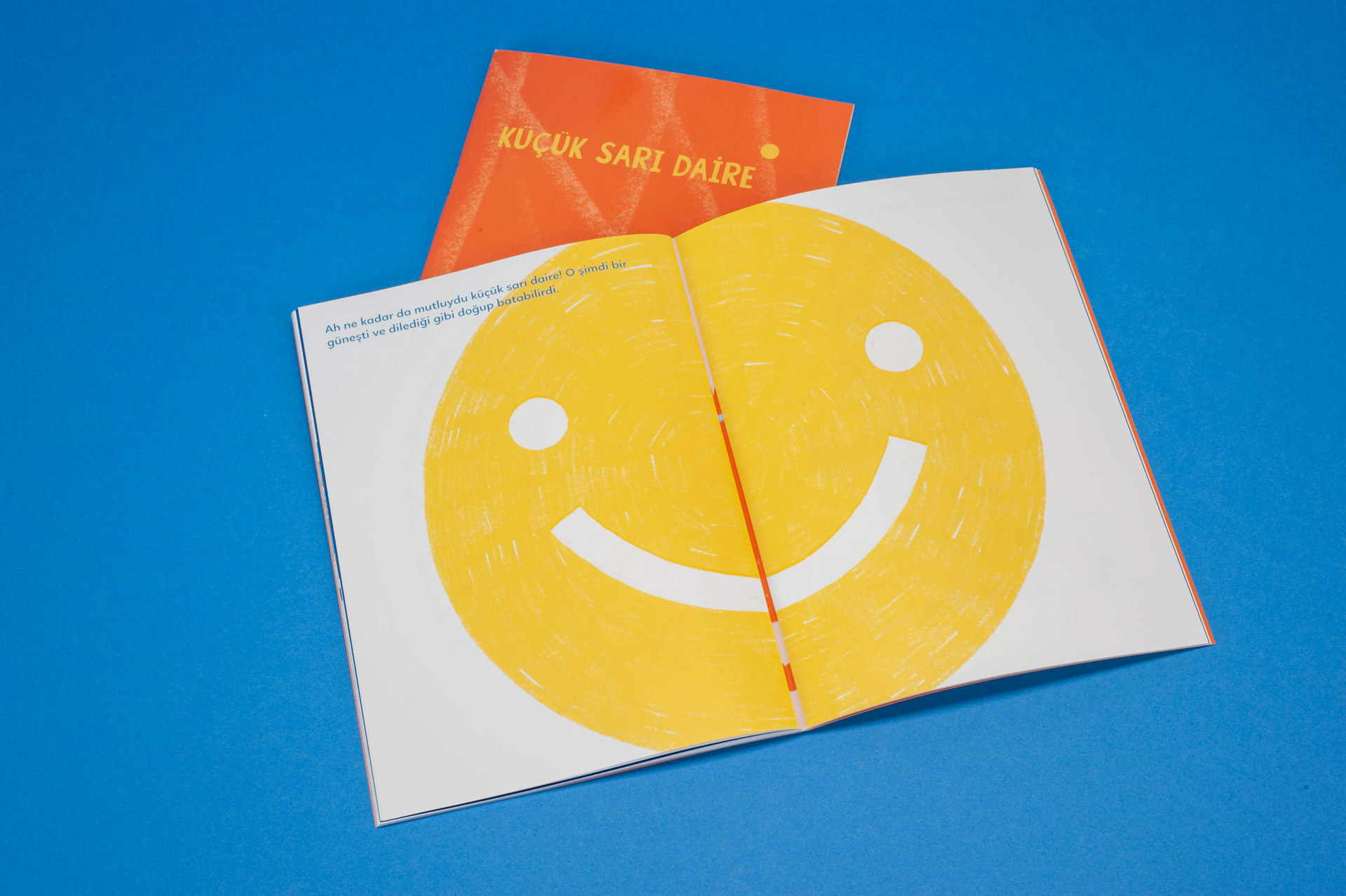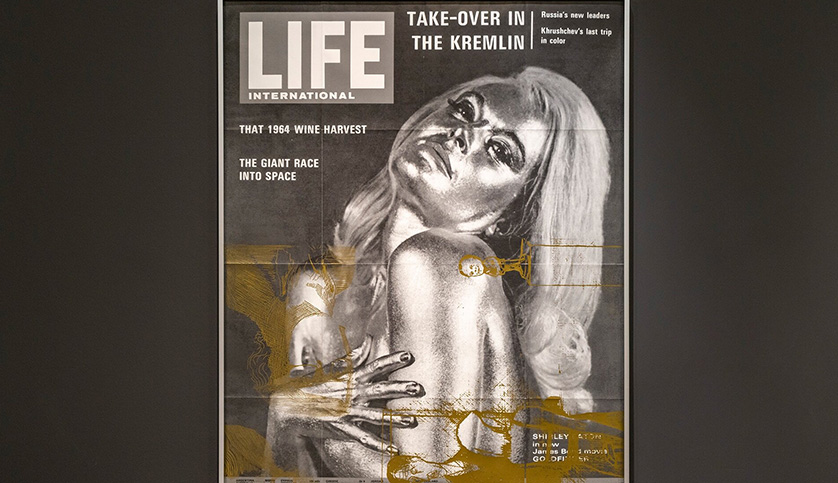Director: Andrey Tarkovski
Cast: Anatoliy Solonitsyn, Ivan Lapikov, Nikolay Grinko
Soviet Union, 1966, 174’, b&w, color
Russian, Italian, Tatar with Turkish subtitles
This acclaimed epic about the life of 15th century icon painter Andrei Rublev who lives in a world consumed by feudal violence and human degradation, and the turmoil he sees makes him lose the will to speak. After many years of silent travelling around medieval Russia, he meets a young boy who has taken charge of the construction of a large silver bell, and in him discovers the inspiration to speak again.

Published as part of Pera Learning programs, “The Little Yellow Circle (Küçük Sarı Daire)” is a children’s book written by Tania Bahar and illustrated by Marina Rico, offering children and adults to a novel learning experience where they can share and discover together.

Inspired by the exhibition And Now the Good News, which focusing on the relationship between mass media and art, we prepared horoscope readings based on the chapters of the exhibition. Using the popular astrological language inspired by the effects of the movements of celestial bodies on people, these readings with references to the works in the exhibition make fictional future predictions inspired by the horoscope columns that we read in the newspapers with the desire to receive good news about our day.
Tuesday - Saturday 10:00 - 19:00
Friday 10:00 - 22:00
Sunday 12:00 - 18:00
The museum is closed on Mondays.
On Wednesdays, the students can
visit the museum free of admission.
Full ticket: 300 TL
Discounted: 150 TL
Groups: 200 TL (minimum 10 people)